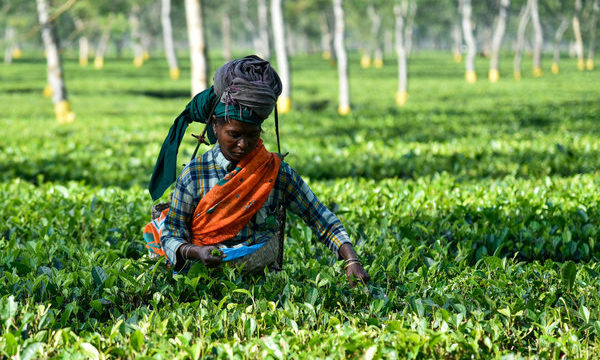In the midst of the COVID-19 pandemic, vaccination has been hailed as the light at the end of the tunnel. However, even though the UK is one of the top countries in the world for the number of vaccinations doses administered, there is mistrust and suspicion about the safety of the vaccine and the intentions of those in power in urging people get vaccinated. A recent poll in the UK found that the number of people who would have a Covid vaccine was lower in those from a minority ethnic background.
The reasons for what is called ‘vaccine hesitancy’ in BAME communities relate to a lack of trust and confidence in the vaccine and a lack of endorsement by trusted community leaders, as well as wider cultural, structural and language barriers. Some of the hesitancy may also come from actual misinformation spread by social media, such as the claim that the vaccine contains alcohol or pork, and is not therefore halal. All of this suggests that it is vital to engage with communities and ensure the messages about the advantages of the vaccine are tailored to the communities they are trying to engage with. It is good to see new videos being produced that address these issues; for example, this video shows a number of well -known, ‘celebrity’ BAME people address many of the main concerns.

Action like this is imperative if we are going to address the health inequalities that the COVID-19 epidemic has highlighted. In the UK, BAME communities have been disproportionately affected by Covid, with the black population being four times more likely to die of Covid than their white counterparts.
On a global scale the picture is even worse. Whilst rich countries are stockpiling millions of vaccine doses for their populations, the situation in low-income countries is not nearly as good, with around 70 of them only having enough vaccines for one in ten people. One poorer nation had only 25 doses for its whole population. The Lancet article “The COVID-19 vaccines rush: participatory engagement matters more than ever” highlights the importance of engaging communities in bottom-up efforts to maximise the success of vaccination programmes, much like any population-level intervention must do in order to be effective.
The debates surrounding these issues link to many of the central concerns of health promotion – issues such as who holds power, who is marginalised and disadvantaged, who has access to resources or not, and how much communities are engaged in efforts to tackle their own health problems. The second edition of Health Promotion: Global Principles and Strategies critically considers such issues within a global context.

Health Promotion, 2nd Edition, by Ruth Cross, Louise Warwick-Booth, Simon Rowlands, James Woodall, Ivy O’Neil and Sally Foster, is now available on the CABI Bookshop.
Global Health is our leading specialist database dedicated to public health, completing the picture of international medical and health research by providing unmatched access to all the world’s relevant public health research and practice – find out more here.
1 Comment
Leave a Reply
Related News & Blogs
CABI contributes to infographic revealing impacts of COVID-19 on farm households in Pakistan
CABI has contributed to new research findings in an infographic from the Asian Development Bank (ADB) which reveals the continuing impacts of the COVID-19 pandemic on farm households in Pakistan. CABI in Pakistan facilitated telephone surveys with over…
25 May 2022




Can you please have some share buttons?